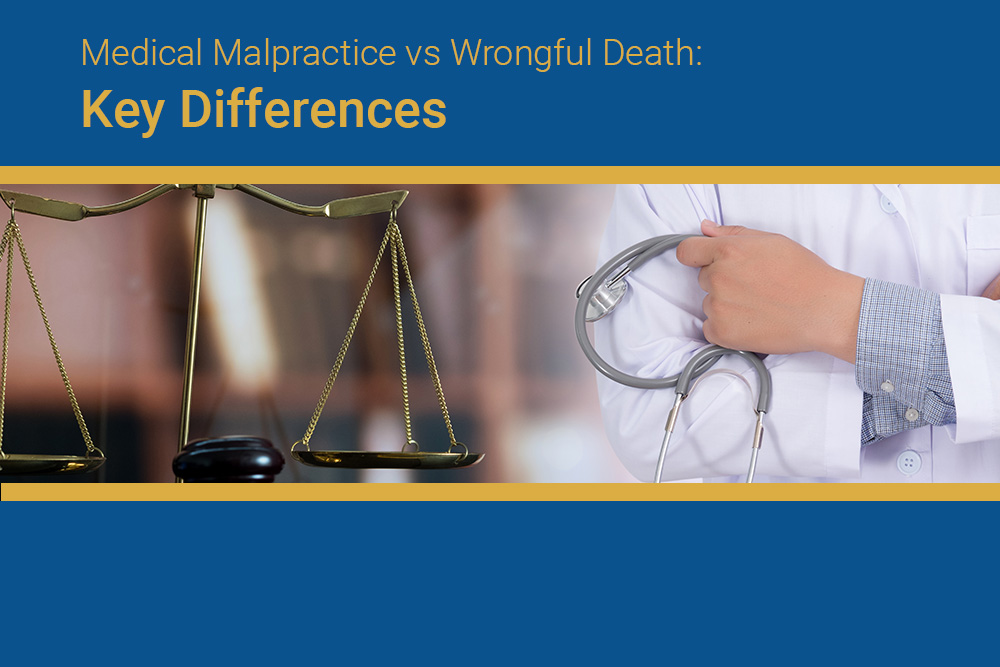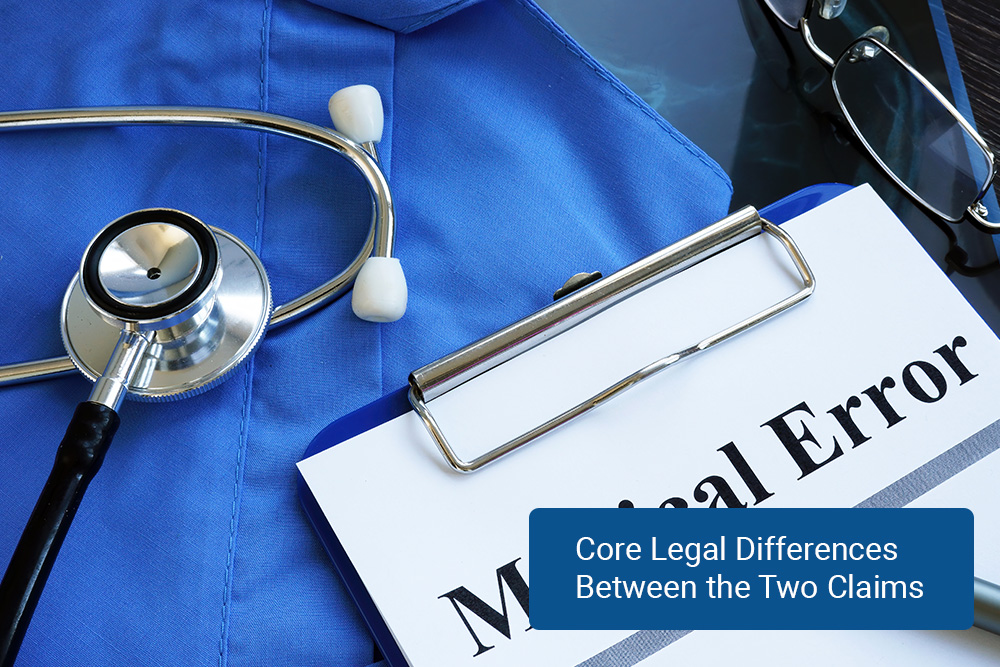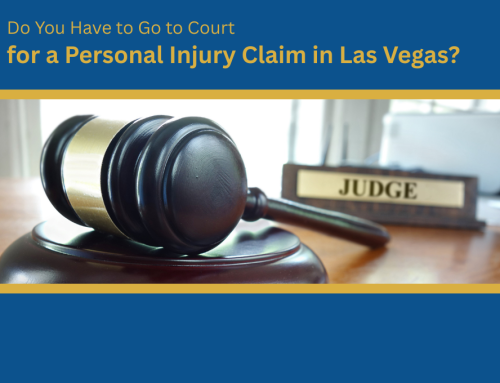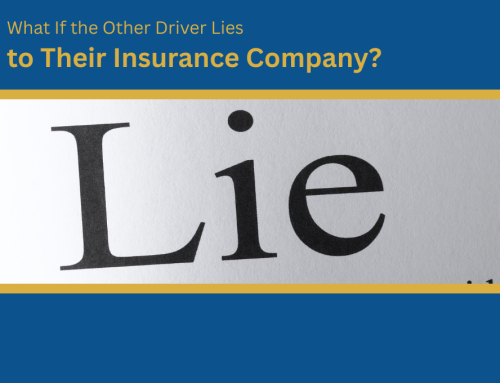
When a loved one dies unexpectedly, the pain is heavy, and the questions feel endless. Was it a medical mistake? Could someone else be responsible? In Nevada, families often encounter two possible legal terms: medical malpractice and wrongful death. Although they may seem similar, each claim follows its own legal path.
Understanding the difference is not just about words. It affects who you can sue, what kind of evidence you need, and how much compensation your family may receive. Choosing the right legal approach ensures that your case is handled correctly from the beginning.
In this blog, we explain the key differences between medical malpractice and wrongful death, what each one involves, and how to know which claim may apply to your situation.
What Is Considered Medical Malpractice?
Medical malpractice happens when a healthcare provider delivers care that falls below professional standards. If that failure causes injury or death, the provider may be held legally responsible.
To prove medical malpractice in Nevada, you must show:
- A provider-patient relationship existed
- The provider acted carelessly or failed to act
- This failure caused harm
- The harm led to damages, such as pain, lost income, or medical costs
Malpractice cases often involve issues such as:
- Misdiagnosis or delayed diagnosis
- Surgical errors or complications
- Birth injuries
- Medication errors
- Lack of informed consent
If the patient survives but suffers harm, the case typically stays within the realm of medical malpractice. However, if the patient dies, the situation may evolve into a wrongful death claim.
You can explore more about these types of claims by visiting our practice areas or our Las Vegas wrongful death attorney page.
What Defines a Wrongful Death Claim?
A wrongful death claim is filed when someone dies because of another person’s careless or wrongful actions. This includes more than just medical mistakes. Fatal accidents, criminal acts, unsafe property conditions, or defective products may all give rise to wrongful death claims.
In Nevada, these claims can be filed by surviving relatives or the representative of the deceased person’s estate. The goal is to recover compensation for the loss, which may include:
- Funeral and burial costs
- Lost financial support
- Loss of companionship or care
- Emotional pain experienced by surviving family members
Unlike medical malpractice, wrongful death is broader in scope. It applies to a wide range of fatal incidents, from a negligent driver to a defective household product.
We encourage families facing this kind of tragedy to review our pages on vehicle accidents, workplace injuries, and product premises injuries to understand how wrongful death cases may arise outside the medical field.
Core Legal Differences Between the Two Claims



While both claims involve loss and require proof of harm, the legal foundations are different. These differences shape how your attorney builds the case and how damages are pursued.
Who can be sued is often the first distinction. Medical malpractice claims involve licensed healthcare professionals or hospitals. Wrongful death claims, on the other hand, can target individuals, businesses, or organizations whose actions or inaction led to the death.
The evidence required also differs. In malpractice cases, you must show that the provider failed to meet a recognized standard of care. This requires expert testimony from another medical professional. In wrongful death cases, the standard is broader. You must prove that someone’s negligence or misconduct caused the fatal incident.
Types of damages awarded also vary. A medical malpractice claim may cover additional treatment costs, physical pain, and ongoing care. A wrongful death claim focuses on the family’s loss, such as missed income, emotional trauma, and funeral expenses.
Time limits, or statutes of limitation, are strict. In Nevada:
- Medical malpractice claims must usually be filed within two years of the injury or discovery of the error
- Wrongful death claims must be filed within two years of the date of death
Missing these deadlines can result in your case being dismissed, which is why early legal advice is essential. You can reach out through our contact page to speak with our team about filing deadlines and case eligibility.
When a Case Involves Both Medical Malpractice and Wrongful Death
Some tragic cases qualify as both. For example, if a doctor fails to diagnose a fatal illness in time or performs surgery incorrectly, and the patient dies as a result, the situation may meet the legal criteria for both malpractice and wrongful death.
In these situations, families may be able to file a joint claim. This approach allows you to seek compensation for the pain experienced by the patient before death, as well as the emotional and financial losses suffered by the family.
These hybrid cases are complex. They demand careful handling, detailed medical reviews, and legal skill. Our team is experienced in managing overlapping claims and understands how to present the strongest case possible on both fronts.
You can learn more about related injuries through our pages on grocery store accidents, defective products, and other injuries.
How to Know Which Claim Applies
If you are unsure which legal path applies to your situation, begin by asking the following:
- Did the death occur while under medical care or treatment?
- Was there a delay or mistake in diagnosis, surgery, or medication?
- Could the fatal incident have happened in a non-medical setting?
- Was the harm caused by a third party, product, or unsafe condition?
If the answers involve treatment errors or medical judgment, medical malpractice is likely the correct claim. If the answers involve broader causes like a fall, crash, or act of violence, wrongful death may be the better legal route.
Our resources and legal team can help you evaluate the details of your case and determine the right next steps.
Do Not Navigate This Alone: Let Us Guide You Forward

A sudden death leaves families grieving, overwhelmed, and searching for answers. Legal confusion should not add to your burden. At Lach Injury Law, we offer clear, compassionate guidance and a commitment to justice.
We know that every life lost leaves a unique void. That is why we tailor our legal strategy to reflect your family’s needs and your loved one’s story. Whether your case involves medical error, negligence, or both, we are here to protect your rights.
Explore more insights on our blog, read about who we are on our about page, or contact us today to schedule a free consultation. You do not have to face this alone. We are ready to stand with you.





